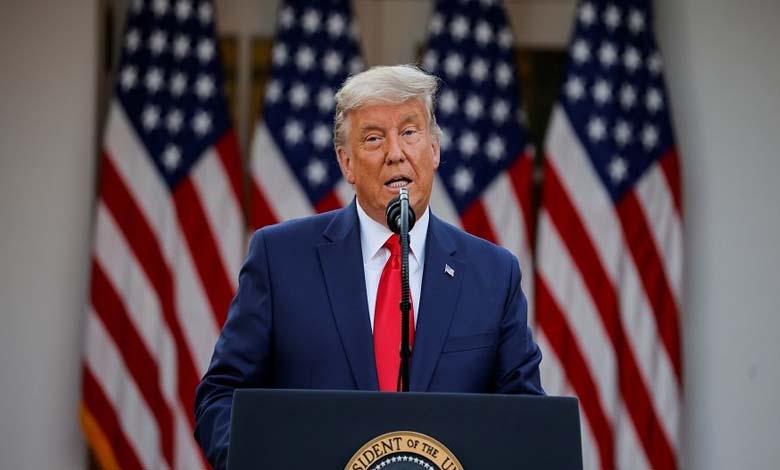Trump Shuts Down the Office for Climate Diplomacy: What Are the Global Consequences?

Donald Trump’s decision to shut down the office responsible for climate diplomacy sent shockwaves through the international community. At a time when fighting climate change is seen as a global priority, this move symbolized a significant setback for the United States on the environmental stage.
In this article, we take a deep dive into the reasons behind the decision, its immediate and long-term impacts, and the national and international reactions it sparked.
-
EU Warns Against Trump’s Withdrawal from Climate Agreement
-
Study: The World Turns Off Its Lights Tonight… Earth Hour Rings the Climate Alarm
What Was the Climate Diplomacy Office?
The Climate Diplomacy Office was part of the U.S. State Department. Its mission included:
- Negotiating international climate agreements (like the Paris Agreement),
- Supporting developing countries in their climate adaptation efforts,
- Coordinating U.S. foreign climate policy,
- Promoting renewable energy and global ecological transition.
In short, this office embodied the U.S. commitment to international cooperation in tackling the climate crisis.
-
Gen Z’s Climate Anxiety: Thoughts on Future Disasters
-
Scientists Warn That the World Has Entered a “New Climate Era”… What Is the Cause?
Why Did Trump Shut It Down?
The closure aligned with Donald Trump’s broader policy agenda (2017-2021), which emphasized:
- Prioritizing national economic interests, especially fossil fuel industries,
- Skepticism about climate change, sometimes calling it a “hoax”,
- Withdrawing the United States from the Paris Agreement in 2017.
By ending the office’s activities, Trump sought to:
- Reduce public spending,
- Limit U.S. international engagement on climate issues,
- Support local industries over international environmental policies.
-
Scientists Warn the World is Entering a “New Climate Era”… What’s the Cause?
-
Climate Change Threatens Persimmon Harvest in Taiwan
What Were the Immediate Consequences?
- Weakening International Agreements
Climate diplomacy relies heavily on cooperation and dialogue. By shutting down the office, the U.S.:
- Diminished its diplomatic influence in environmental negotiations,
- Sent a negative signal to other major powers and developing nations,
- Slowed down critical multilateral initiatives.
- Loss of Expertise
The office brought together diplomats, climate scientists, and energy policy specialists. Its closure led to:
- Scattered expertise,
- Slower development of international climate strategies,
- A step back for American scientific diplomacy.
-
Sanctions on Russia Deprive the West of Climate Data
-
Due to climate change, “glacial lakes” threaten villages in Nepal
- Impact on U.S. Image
Traditionally a global leader, the U.S. saw its credibility weakened in the environmental protection arena.
International Reactions
- European Union: Leaders expressed disappointment and reaffirmed their commitment to the Paris Agreement.
- China: Seized the opportunity to position itself as a global climate leader.
- Developing Countries: Voiced concerns about potential slowdowns in climate financing.
-
Climate Change Forces Italy and Switzerland to Redraw Their Borders
-
“Climate Change” Affects the Intensity of Rainfall and Hurricanes
What Happened After Trump Left?
With Joe Biden’s arrival in 2021:
- The U.S. rejoined the Paris Agreement immediately.
- A new office and climate task force were created, with John Kerry appointed as Special Presidential Envoy for Climate.
- Efforts were intensified to restore America’s role in global climate talks.
However, the damage caused by Trump’s decision left lasting effects:
-
UN Warns of “Climate Hell”
-
Negative Impact of Climate Change on Poor Women and Housewives
- Increased mistrust from some international partners,
- Delays in implementing key initiatives,
- Greater domestic polarization over environmental issues.
The closure of the climate diplomacy office under Donald Trump had profound consequences, temporarily weakening the U.S. position in the global fight against climate change.
This episode illustrates how domestic political decisions can ripple across the world stage.
Today, despite Biden’s efforts to rebuild alliances, a major challenge remains: rebuilding trust, accelerating climate action, and maintaining international cooperation for a more sustainable future.












